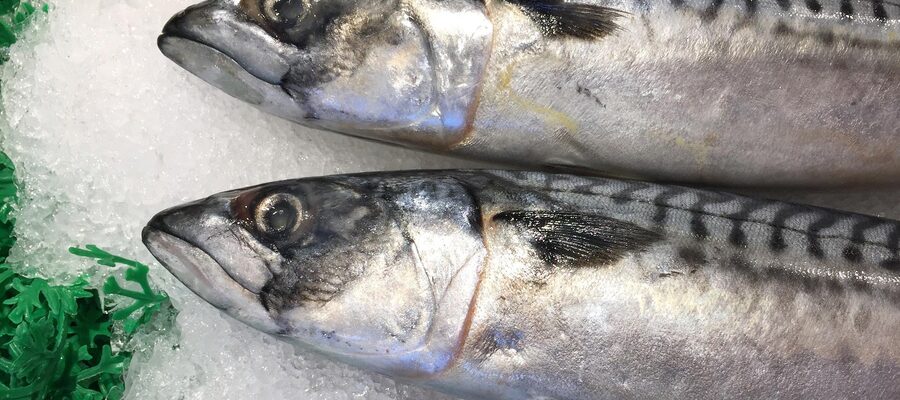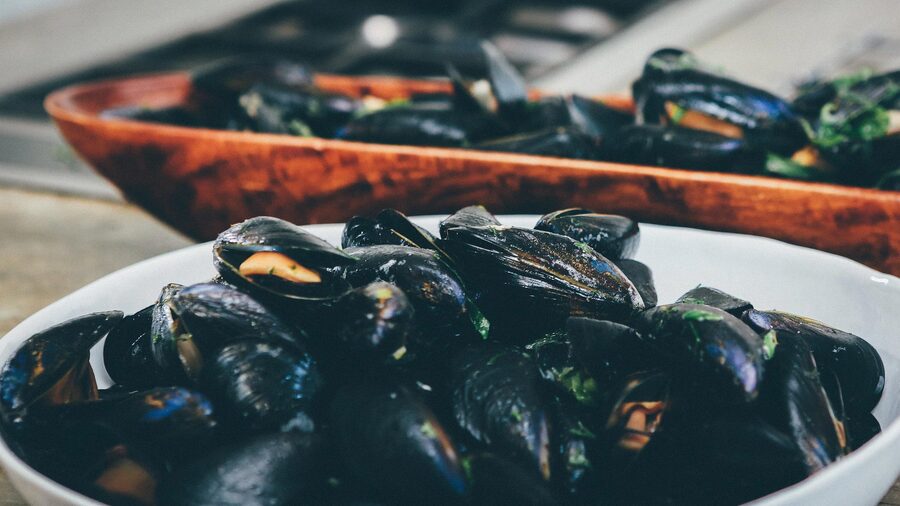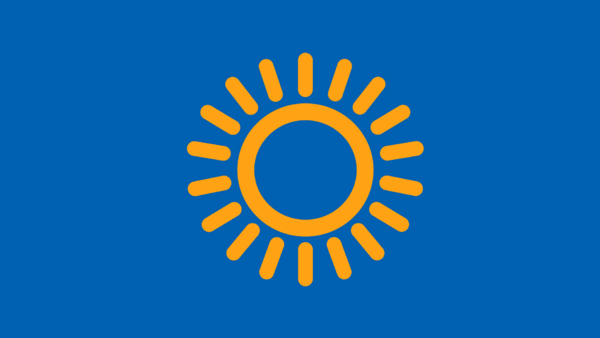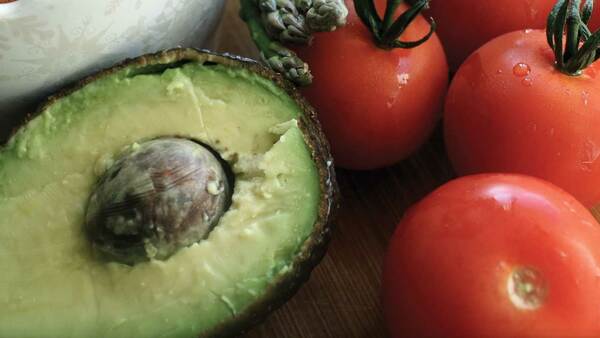
Can fish oil reduce anxiety?
There is no scientific definition of "superfood". But, if there were, fish would be one of them. They are loaded with loads of nutrients and eating them has a few drawbacks.
Why is it good for you?
Fish is considered a whole food. It is highly nutritious. It contains high levels of:
- Omega-3 fatty acids
- B vitamins
- Iodine
- Selenium
- Vitamin D
What fish should I eat?
All of the fish! The secret to a healthy diet is variety. Oily fish is great for you, but mixing it up with white fish will add variety and make things more interesting.
Many fish stocks are overfished. Therefore, if you want to eat healthily and ethically, you may want to avoid cod, halibut, eel and wild seabass1. The Marine Conversation Society has extensive information on each fish. Simply put the name of the fish into their database to get more information.
How are they categorised?
Often, you can tell by the colour of the flesh. Oily fish have more colour in them. The following are oily fish:
- Mackerel
- Salmon
- Sardines
- Herring
- Trout
- Tuna (fresh, not canned)
This is not an exhaustive list.
Fish like cod, haddock and pollock are white fish. These are also very good for you, though contain less omega-3. Flat fish are white fish.
Shellfish (usually) have shells. And they are brilliant for you, too. Shellfish include:
- Mussels
- Scallops
- Oysters
- Prawns
- Squid
- Crab
- Lobster

Matching types of nutrients
Eating any fish will get you plenty of good stuff. But, if you are on the hunt for a specific nutrient, here is a rough overview.
| Nutrient | Eat this |
|---|---|
| Omega-3 fatty acids | Oily fish, mussels, oysters, squid and crab |
| Vitamin D | Oily fish |
| Calcium | Whitebait, canned sardines, tinned salmon |
| Phosphorus | Whitebait, canned sardines, tinned salmon |
| Selenium | Shellfish |
| Zinc | Shellfish |
| Iodine | Shellfish |
| Copper | Shellfish |
What does the evidence say?
Eating fish is associated with lower levels of depression2. A study looking at 3,486 participants grouped people into those who ate whole foods such as vegetables and fish, and those who ate processed and refined foods. They concluded:
"In middle-aged participants, a processed food dietary pattern is a risk factor for CES–D depression 5 years later, whereas a whole food pattern is protective."
Another study, published in The Lancet in 1998 looked specifically at dish consumption and food3. The research found that:
"The direction and power of the correlation between apparent fish consumption and major depression accords with recent clinical reports of individuals that higher concentrations of docosahexaenoic acid in red-blood-cell membranes (r=−0·80, p < 0·01),4 as well as higher ratios of eicosapentaenoic acid to arachidonic acid in plasma (r=−0·73, p < 0·01),5 predict less severe symptoms of depression."
However, the author noted that this was a correlation, rather than proof that eating fish was the cause of the benefit.
A study by the University of Melbourne, specifically looking at women, found the same correlation4. They concluded:
"These results demonstrate an association between habitual diet quality and the high-prevalence mental disorders, although reverse causality and confounding cannot be ruled out as explanations."
What about heavy metals?
Some fish can contain larger levels of mercury5. These include tuna, swordfish, shark, king mackerel and marlin. These levels are rarely large enough to trouble humans. The health benefits of eating fish far outweigh the amount of mercury you will gain.
Traditionally, pregnant women have been advised to limit their intake to no more than two portions per week. New research questions whether this is still valid advice6. However, if you want to be on the safe side, continue to follow these guidelines.
Are there any other dangers?
Some fish may contain high levels of pollutants7. This can be avoided by eating a variety of fish: don't load up on what particular type.
Food safety is also important. If you do not store it properly, it can cause food poisoning: so take care just like you would with any food.
Finally, if you are going to eat it raw (sashimi), make sure buy "sashimi grade" fish from your fishmonger. Getting any old fish can be risky because it may contain parasites. These are harmless when cooked, but need to be avoided when eating it raw.
What about supplements?
If fish is so good for you, can you get the same benefits from fish oil supplements?
The answer seems to be no. In 2012, the British Medical Journal (BMJ) published a meta-analysis looking 38 different studies and found that supplements did not provide the same benefit.8 They concluded:
"Available observational data demonstrate moderate, inverse associations of fish and long chain omega 3 fatty acids consumption with risk of cerebrovascular events.
However, there was no evidence for similar inverse associations with cerebrovascular disease for long chain omega 3 fatty acids measured as circulating biomarkers in observational studies, or supplements in primary and secondary prevention trials. The beneficial effect of fish intake on cerebrovascular risk might be mediated through a complex interplay among a wide range of nutrients commonly found in fish."
In 2015, The Washington Post published a round-up of much of the evidence9. While the newspaper did not draw any conclusions itself, most the experts they interviewed said that the evidence did not support the use of supplements.
This may change with further research.
But for now, the message is clear: supplements are not a replacement for the real thing. If you want the health benefits, you need to eat actual fish.
Conclusion
Eating fish is excellent for your physical and mental health. It is loaded with vitamins and minerals that are essential to a healthy body and mind. Eat as much of it as you can.
Related articles
Metadata
Published 19 February 2018. Written by Chris Worfolk.
References
-
Jessica Aldred. Fish to avoid. The Guardian. 18 December 2007. Link. ↩︎
-
Akbaraly TN, Brunner EJ, Ferrie JE, Marmot MG, Kivimaki M, Singh-Manoux A. Dietary pattern and depressive symptoms in middle age. Br J Psychiatry. 2009 Nov;195(5):408-13. doi: 10.1192/bjp.bp.108.058925. ↩︎
-
Hibbeln JR. Fish consumption and major depression. Lancet. 1998 Apr 18;351(9110):1213. DOI: 10.1016/S0140-6736(05)79168-6 ↩︎
-
Jacka FN, Pasco JA, Mykletun A, Williams LJ, Hodge AM, O'Reilly SL, Nicholson GC, Kotowicz MA, Berk M. Association of Western and traditional diets with depression and anxiety in women. Am J Psychiatry. 2010 Mar;167(3):305-11. doi: 10.1176/appi.ajp.2009.09060881. Epub 2010 Jan 4. Link. ↩︎
-
Mercury Levels in Commercial Fish and Shellfish (1990-2012). US Food & Drug Administration. Link. ↩︎
-
Tara Parker-Pope. Should pregnant women eat more tuna? New York Times. 2 March 2015. Link. ↩︎
-
Chowdhury Rajiv, Stevens Sarah, Gorman Donal, Pan An, Warnakula Samantha, Chowdhury Susmita et al. Association between fish consumption, long chain omega 3 fatty acids, and risk of cerebrovascular disease: systematic review and meta-analysis BMJ 2012; 345 :e6698. doi: https://doi.org/10.1136/bmj.e6698 ↩︎
-
Peter Whoriskey. Fish oil pills: A $1.2 billion industry built, so far, on empty promises. 8 July 2015. Link. ↩︎

